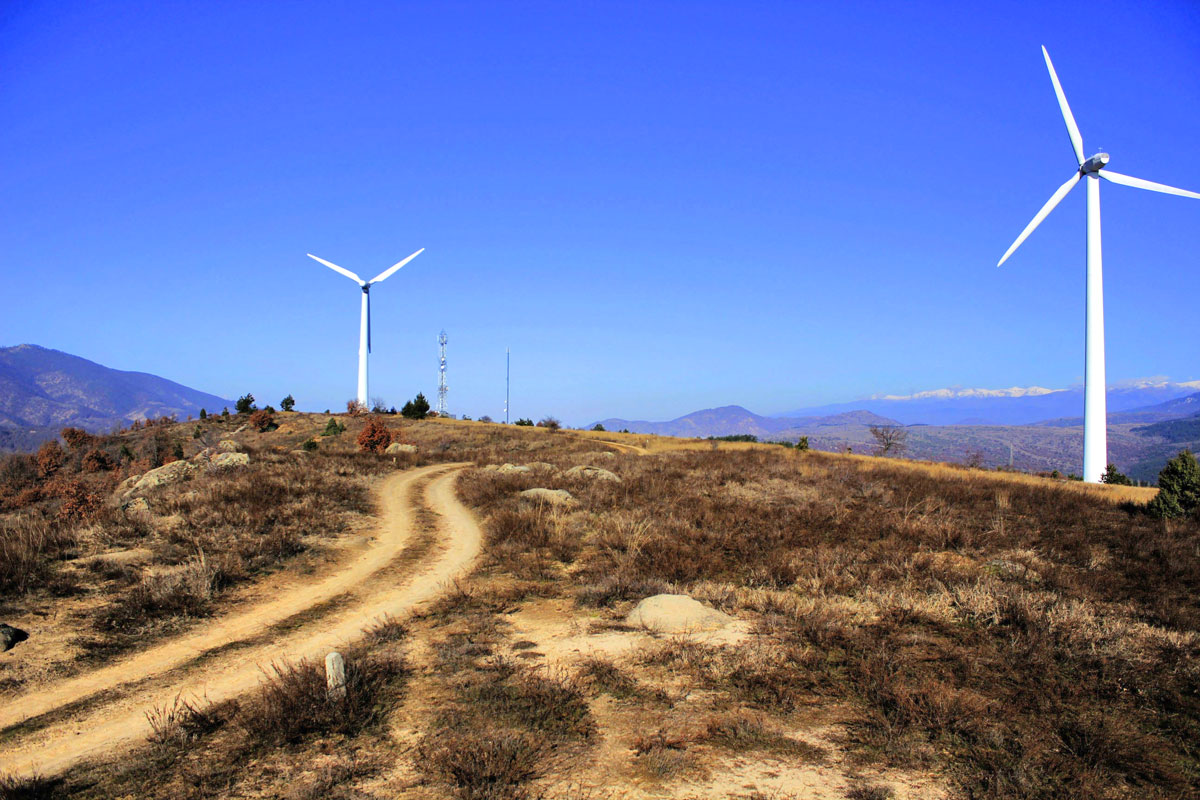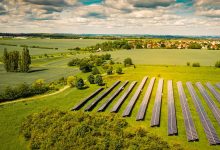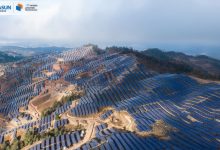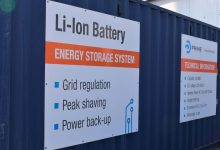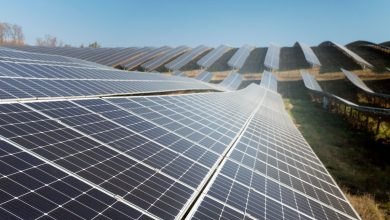ANRE reduces the obligation of green certificates acquisition
The National Regulatory Authority for Energy (ANRE) has established for the first quarter of the year a 30% lower quota of green certificates (GC) that energy suppliers and other economic operators must purchase.
Renewable energy producers accuse the measure, which would actually target the reduction of influence on bills to end-consumers, with the risk of distorting the market by increasing the excess of green certificates in the market.
Through a press release issued on 12 March, the Renewable Energy Producers Organization in Romania (PATRES) calls on the Committee for Industries and Services of the Chamber of Deputies to adopt the amendments to GEO 24, in order to ensure fairness between energy producers from renewable sources and to avoid generalized collapse of producers who cannot sell their green certificates.
“The Renewable Energy Producers Organization in Romania – PATRES – took note, with surprise and concern, of the decision of the National Regulatory Authority for Energy to establish a mandatory quota for green certificates acquisition for economic operators, related to the first 3 months of 2017, at a value of 0.21 green certificates/MW (according to ANRE Order no. 30, published in the Official Journal no. 187/28.02.2018),” the quoted document shows.
“We find that ANRE has opted for a mandatory quota of green certificates for the first quarter of 2017 of 0.21 GC/MWh, a reduced level compared to that provided under the Order 119/2016, of 0.32 GC/MWh, with a major impact on economic operators. It is a major decrease, by almost 30%. Consequence: losses of energy producers from renewable sources will increase. Basically, producers will no longer be able to sell 1.25 million green certificates related to 2017, plus the over 11 million in excess in the market at this point,” PATRES President Viorel Lefter has stated.
From year to year, the mandatory quota of energy from renewable sources supported has been reduced so that the impact of green certificates in the energy bills of end-consumers does not increase. Thus, the quota for 2017 was set at 8.3%, below the level in 2016 and well below the quota of 16% initially provided under Law 220, law based on which investments have been made in the renewable energy sector.
PATRES reported that “the successive reduction of the quota leads to a very low degree of absorption of green certificates, which will amplify even further market distortions and will cause huge losses for producers.”
Moreover, for 2017 and 2018, of the total green certificates in the market, only half are covered by the quota and have buyers. The imbalance will increase strongly in the following years, reaching the situation in which out of 5 certificates valid in the market, only one will be purchased. Basically, the support scheme has already fully collapsed and producers receive a virtual aid that they cannot materialize.
“We express our hope that, through the amendments to be brought to GEO 24, together with other non-functional aspects, two fundamental problems will be solved, namely: liquidity and degree of absorption of certificates in the market and how the aid is distributed, some producers managing to sell all their certificates, while others don’t sell anything, a situation which we consider unfair. Our call to authorities is to create the regulatory framework to support all producers of RES-E. We use this opportunity to welcome the openness and support of ANRE and of the specialized Parliamentary Committee, led by Iulian Iancu, on proposals to improve/correct GEO 24, amending Law 220. It is our last chance to save from bankruptcy numerous RES-E producers. Romania needs renewable energy, which is also proven in periods of crisis from last year and in cold days from this winter, when the contribution of renewable energy was considerable, with beneficial effects in energy prices,” PATRES President also mentioned.
Another important aspect that must be considered by authorities: according to the recommendation adopted on 17 January by the European Parliament, EU Member States must reach, by 2030, a target of 35% of energy from renewable sources. The final decision belongs to the European Commission, after negotiations with the Member States. Romania in 2015 reached a level of 24.7%, but in the context in which investments in renewable energy have been systematically destroyed, for our country it will be very difficult to reach in the future a share of over 30% without restoring investor confidence.
About PATRES
The Renewable Energy Producers Organization in Romania started its activity in 2014, at the initiative of a group of producers of energy from renewable sources, dissatisfied with the frequent changes and mismatches of the legislative system with the realities and needs of producers. Currently, PATRES includes 100 companies – energy producers from all the spectrum of renewable energy, with an installed capacity of about 1,000 MW.


